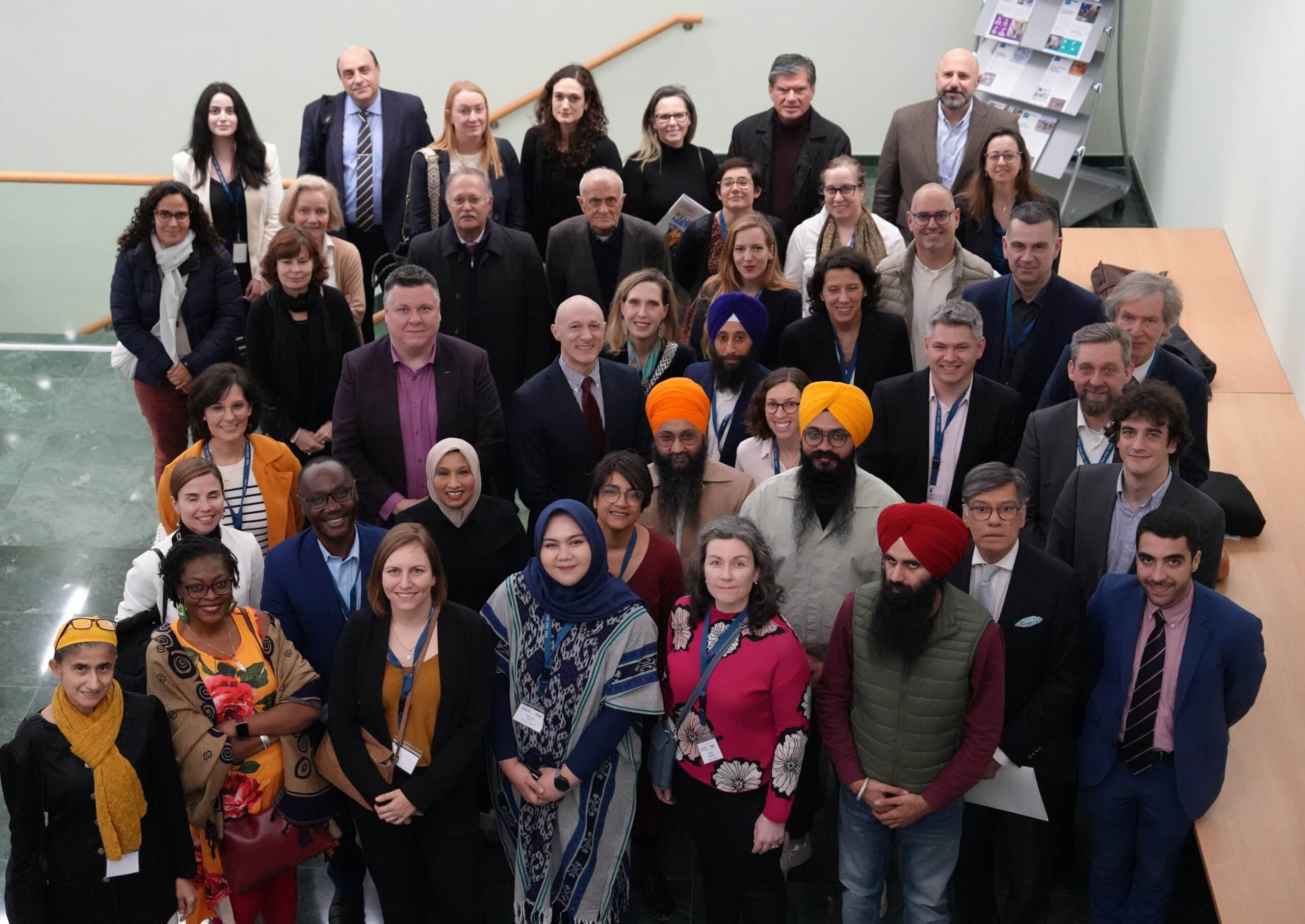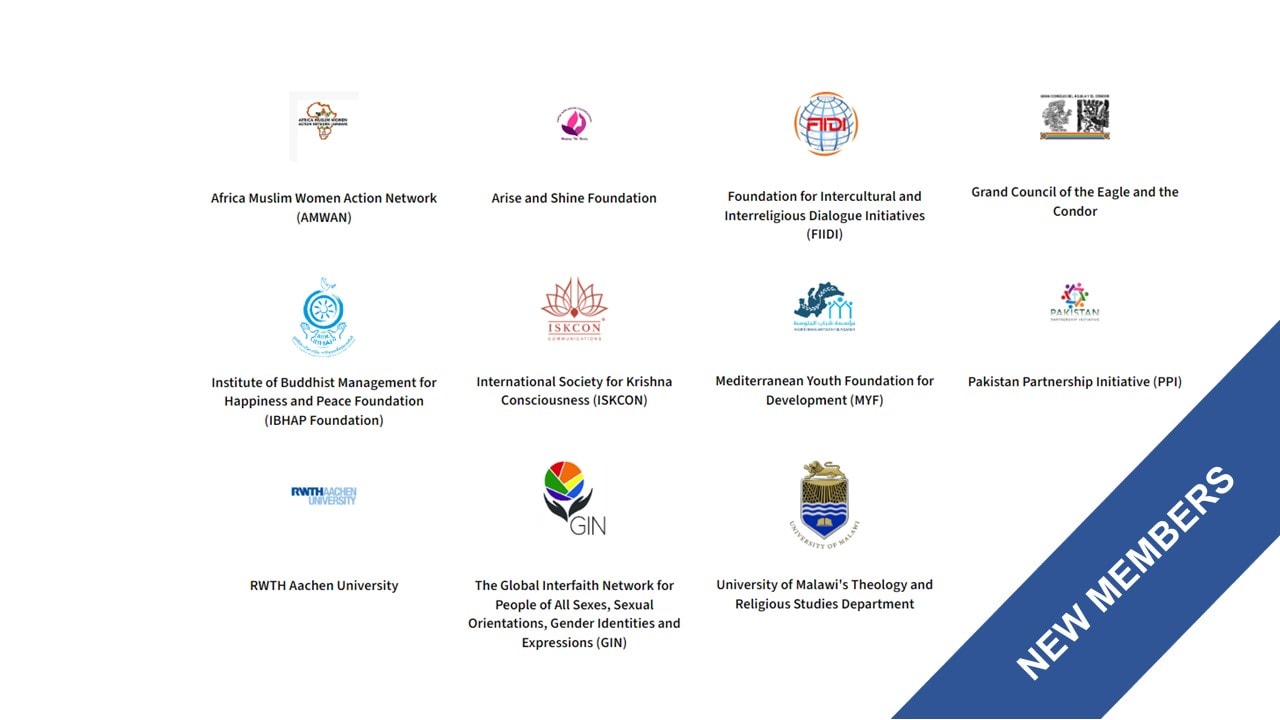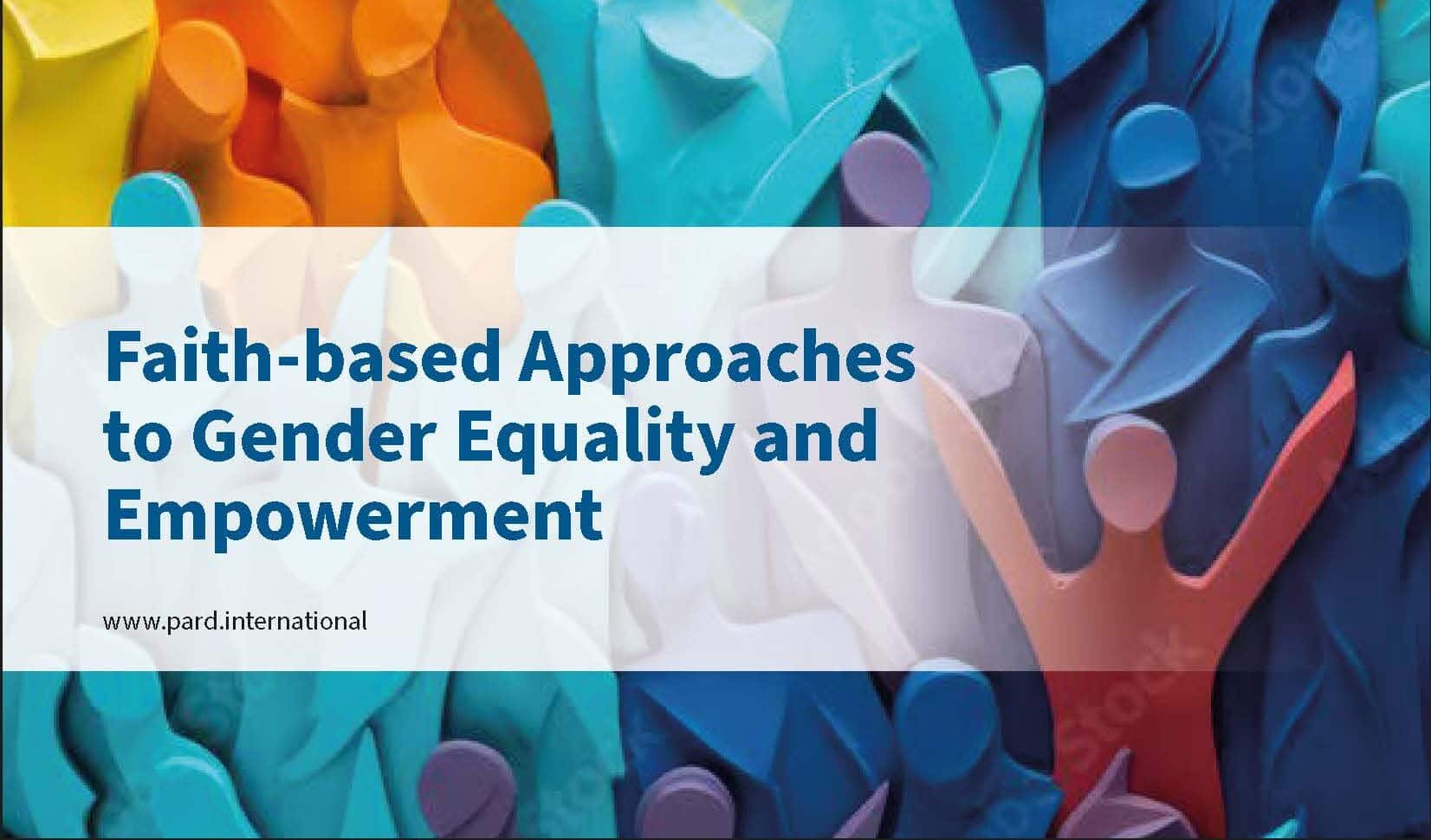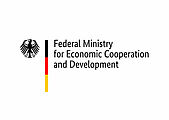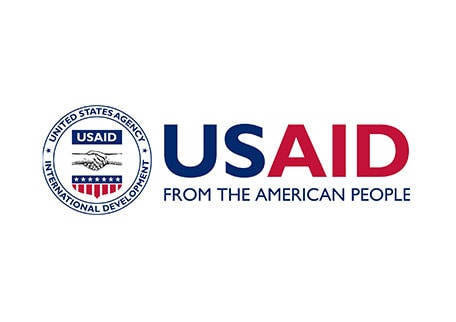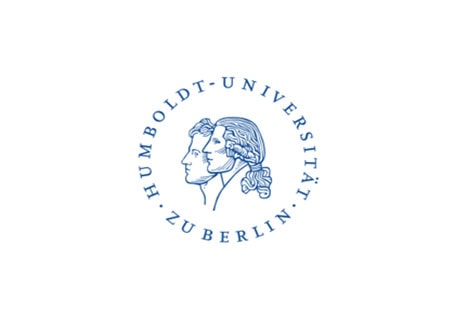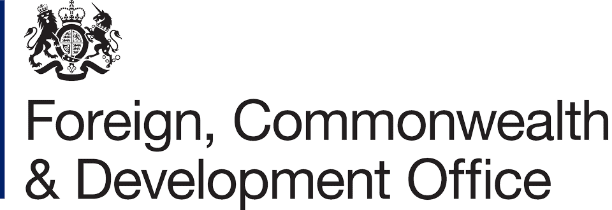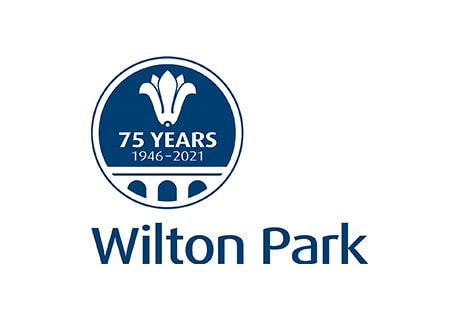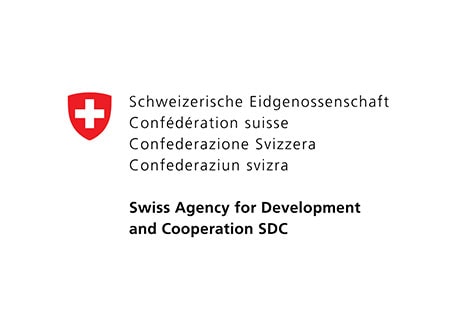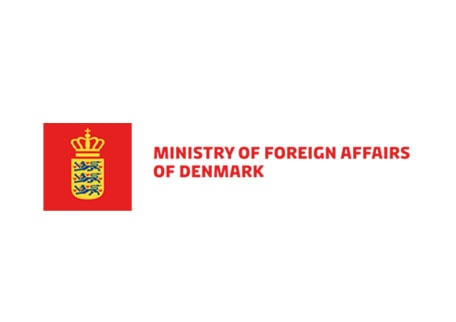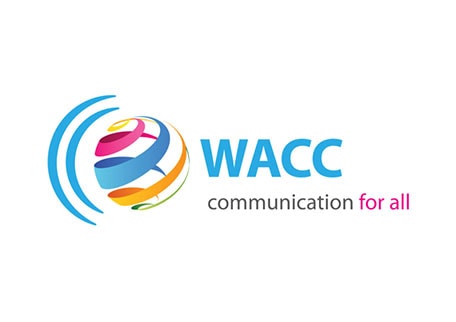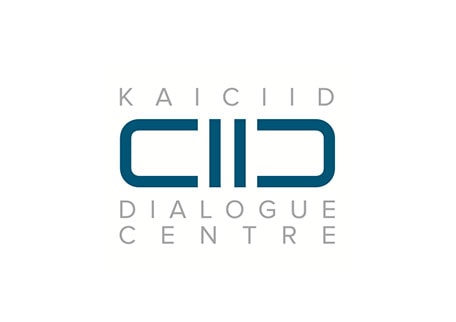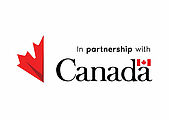An event at the 2023 SDG Summit, themed “Inspiring Faith, Hope, and Transformative Action,” shed light on faith’s role in sustainable development, culminating in four commitments.

The Trilateral Partnership of Regional Faith-based Networks for the Sustainable development Goals (SDGs) from Africa, Asia-Pacific, and Latin America and the Caribbean, convened a special event on the SDGs on 18 September, during the 2023 SDG Summit, in New York, USA. Over 150 participants, including faith leaders, development partners, and academia, participated in high-level discussions centered around the event theme, “Inspiring Faith, Hope, and Transformative Action to Accelerate Progress Towards the SDGs.”
Hosted at the Baha’i International Center (BIC), the event was co-convened in collaboration with several organisations including the International Partnership on Religion and Sustainable Development (PaRD), ACT Alliance, Arigatou International, Baha’i International Community (BIC), Religions for Peace, Soka Gakkai, the International Dialogue Centre (KAICIID) and World Vision International (WVI).
This special emphasised the urgent need for multistakeholder collaboration to accelerate progress towards achieving the SDGs by the set timeline – 2030. Various speakers commended faith actors for their community mobilisation and moral influence in SDGs attainment, with The Trilateral Partnership hailed as a vital hub for collaboration across faith communities. Participants acknowledged that at the center of this collaboration, faith communities, endowed with spiritual and moral capital and deeply rooted in local and global contexts, play a vital role in filling capacity gaps and strengthening resilience to disasters and climate change.
Khushwant Singh, Head of the PaRD Secretariat, underscored the importance of collaboration, highlighting religious communities’ ability to bridge the local-global gap. “For the achievement of the SDGs, we must consider the ability of local actors to connect the local to the global, and the global to the local and this is exactly what religious communities are capable of doing”, he emphasised. Fred Nyabera, Director of Arigatou International – End Child Poverty and a PaRD Steering Committee member, equally stressed the significance of such cooperation in achieving the SDGs, stating, “In the face of these daunting challenges, we must instill faith, hope, and moral and spiritual imperatives into our pursuit of the SDGs. As we engage in discussions and work toward actionable recommendations, let us remember that our collective strength lies in our unity.” Echoing similar observations, Dr Solomon Belay Faris, Representative of the Bahá’í International Community, Addis Ababa Office, called attention to the role of faith in enhancing resilience and sustainability in addressing global challenges and achieving the SDGs. Speaking as one of the young leaders participating in the event, Grace Orao, Executive Director of Women Volunteers for Peace and Youth in Action leader from Kenya, advocated for empowering youth leaders as creative agents for community transformation.
Discussions further highlighted the urgency of reducing disparities, as highlighted in the recent Sustainable Development Report, warning of a widening gap in SDG outcomes by 2030. Elias Szczytnicki, Regional Secretary General of Religions for Peace Latin America and the Caribbean, called for enhanced collaboration among faith communities, emphasising the need to address global inequalities. “Our priority as faith based communities, especially in the global south, is to act on the existing inequalities in the world through achieving the SDGs”, he opined. In like manner, Rev Nicta Lubaale, Secretary General of the Organisation of Africa Instituted Churches (OAIC), amplified the importance of transforming power dynamics and relationships to tackle inequalities, by advocating for change in engagement between the global north and south, affluent and growing economies, and Southern governments and their citizens.
Xavier Longan, Lead for Partnerships and Operations at the United Nations SDG Action Campaign, urged collective action to supercharge efforts and achieve the goals. In summary, the event emphasized multi-stakeholder collaboration that harnesses the spiritual and moral capital of faith communities to achieve the SDGs while addressing global challenges in SDG implementation.
Resultantly, the event gave rise to these follow up commitments:
- Advocacy Statement Dissemination: Maximizing impact by sharing the advocacy statement widely through social media and partnerships with the relevant stakeholders.
- Event Report Presentation: Hosting an online webinar to share the event report with a diverse audience, fostering knowledge exchange and discussion.
- Action on Identified Priorities: Prioritising actions from the event.
- Trilateral Interfaith Agenda: Working towards a trilateral interfaith agenda, to influence the High-Level Political Forum on Sustainable Development (HLPF) and the Summit of the Future in 2024, while aligning with existing initiatives for greater impact.
For more insights, you can watch event video as well as voices of children video on the SDGs.

